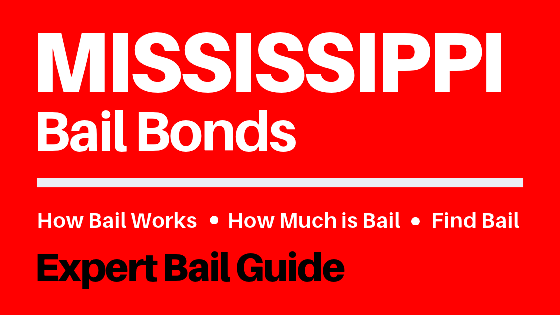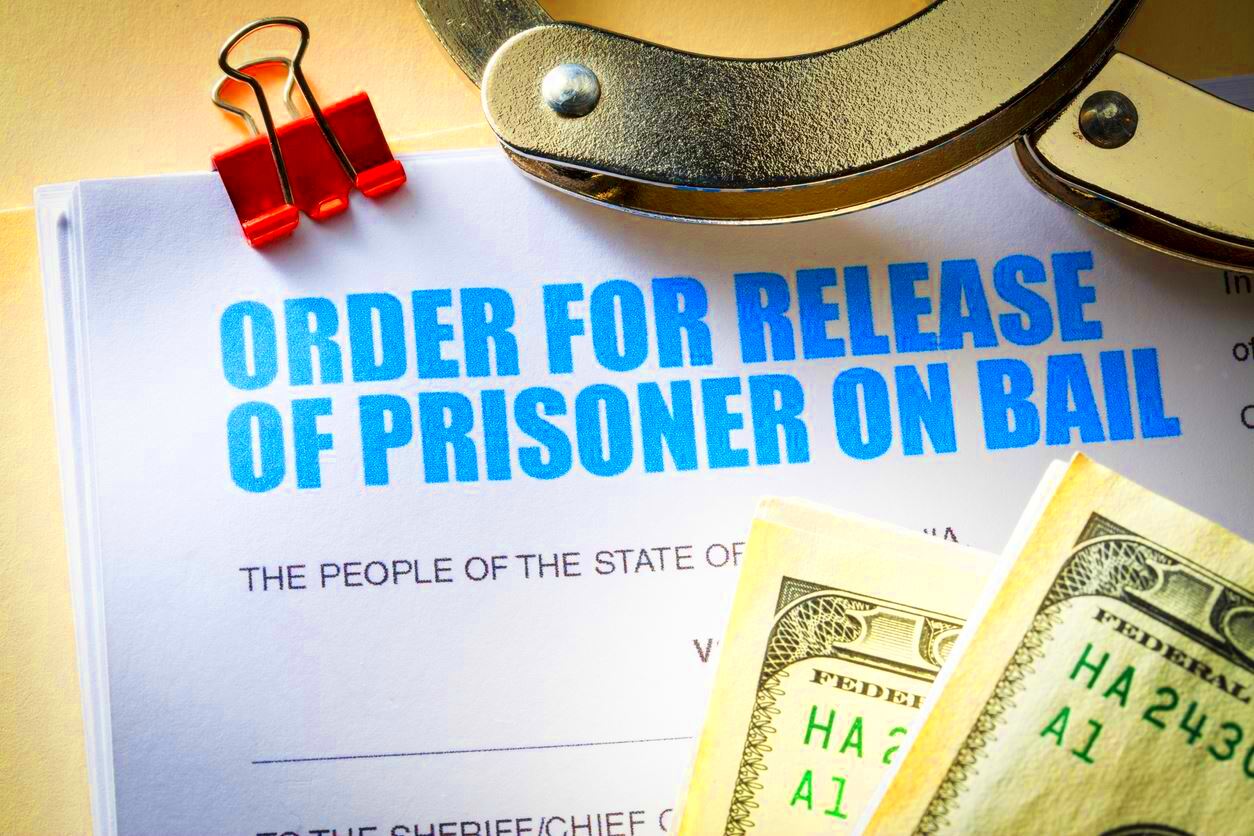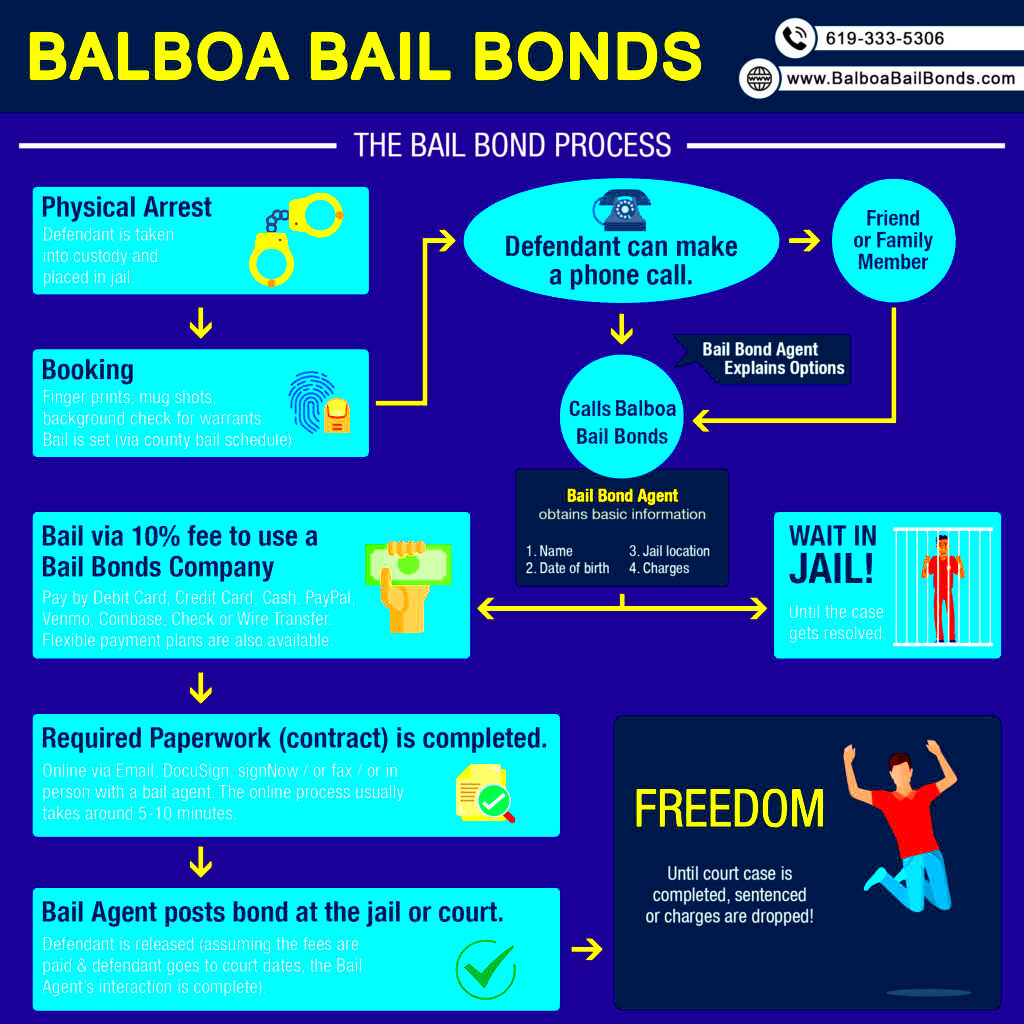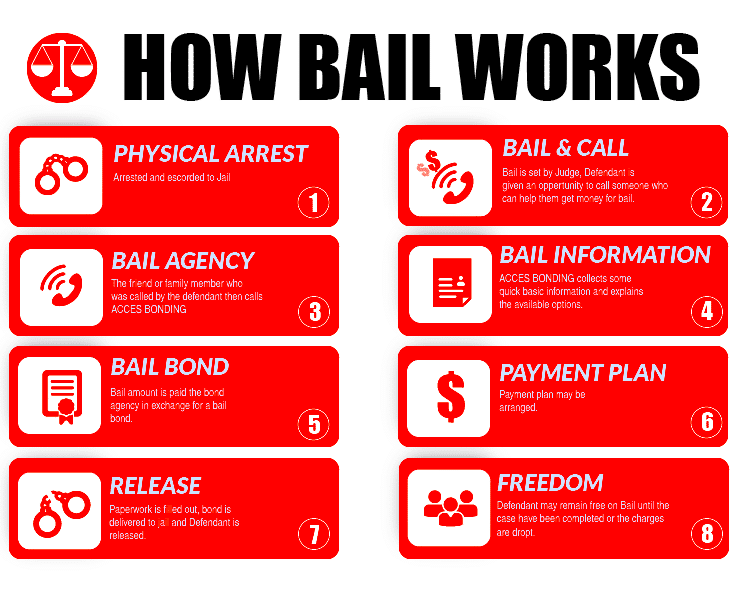Key Elements of Mississippi Bail Bond Law
Bail bonds are a crucial part of the legal system in Mississippi. When someone is arrested, the court may set a bail amount to ensure the defendant returns for trial. If the defendant cannot afford to pay the full bail, they can seek the assistance of a bail bond agent. The bail bond agent pays the full bail amount to the court, and in return, the defendant or their family pays the agent a percentage of the total bail, usually around 10%. This process allows the defendant to remain free until their court date while also ensuring that the court receives a financial guarantee that the defendant will appear in court.
Eligibility for Bail Bonds: Who Qualifies?

Not everyone arrested in Mississippi qualifies for a bail bond. Whether a person is eligible depends on several factors:
- Nature of the Crime: Individuals charged with violent crimes or serious offenses may not qualify for bail.
- Criminal History: Those with a history of skipping court dates or committing repeat offenses may be denied bail.
- Risk of Flight: If the court believes the defendant is a flight risk, they may refuse bail.
- Public Safety: The court considers whether the defendant poses a threat to the community if released.
If a defendant is deemed eligible for bail, they can either pay the bail amount in full or opt for a bail bond through a licensed bail bond agent. It is important to note that the final decision on eligibility lies with the judge overseeing the case.
Types of Bail Bonds Available in Mississippi

In Mississippi, there are several types of bail bonds that defendants can use to secure their release:
- Cash Bond: The defendant pays the full bail amount in cash to the court. This is often the fastest way to secure release but may not be feasible for many individuals.
- Surety Bond: A bail bond agent posts bail on behalf of the defendant. The defendant typically pays the agent 10% of the total bail amount, which is non-refundable.
- Property Bond: In this type of bond, the defendant or their family offers property, such as a house or land, as collateral to secure the bail amount.
- Recognizance Release: In some cases, the court may release a defendant on their own recognizance, meaning they promise to return to court without needing to post any bail.
Each type of bail bond has its advantages and limitations, and the availability of these options depends on the nature of the crime and the defendant’s circumstances.
How Bail Amount is Determined by Courts

In Mississippi, the bail amount is not randomly assigned. Courts follow specific guidelines to determine the appropriate bail for each case. Several factors are considered to ensure the bail is fair while also ensuring that the defendant returns for trial. Judges have discretion in setting bail, but they must weigh the following elements:
- Severity of the Crime: The more serious the offense, the higher the bail is likely to be. For violent crimes, bail may be set at a high amount or denied entirely.
- Criminal History: A defendant with a long history of criminal behavior or previous bail violations might face a higher bail amount.
- Flight Risk: Courts evaluate whether the defendant is likely to flee to avoid prosecution. Defendants with ties to the community may receive lower bail.
- Public Safety: If the defendant poses a threat to public safety, the court might set a higher bail to prevent early release.
- Financial Ability: While the defendant’s ability to pay is considered, it doesn’t guarantee a reduced bail. Courts balance this with the seriousness of the offense.
The goal is to set a bail amount that ensures the defendant appears in court while balancing the protection of the public. Judges may refer to a bail schedule that provides standard amounts based on the crime, but they are free to adjust bail as needed.
Rights of the Defendant During the Bail Process
Even though being arrested can be overwhelming, defendants have specific rights during the bail process. These rights are protected by law to ensure fair treatment:
- The Right to Know the Charges: Defendants must be informed of the charges against them, so they understand why they are being held.
- The Right to Reasonable Bail: The Eighth Amendment protects against excessive bail. While judges have discretion, bail must be fair and not set at a level that’s impossible for the defendant to pay.
- The Right to a Bail Hearing: Defendants can request a hearing to argue for lower bail or release on their own recognizance. They can present evidence, such as community ties or employment status, to support their request.
- The Right to Legal Representation: Defendants have the right to an attorney during the bail hearing to help argue for a fair bail amount.
- The Right to Appeal Bail Decisions: If the bail amount is deemed too high or if bail is denied, defendants have the right to appeal the decision to a higher court.
These rights ensure that defendants are treated fairly and have the opportunity to argue for their release while awaiting trial.
Responsibilities of Bail Bond Agents in Mississippi
Bail bond agents play an important role in the bail process, but they also carry significant responsibilities to ensure the system works properly. Here are the key duties of a bail bond agent in Mississippi:
- Posting Bail: The primary responsibility of a bail bond agent is to post bail on behalf of the defendant. In exchange for this service, the defendant or their family pays the agent a non-refundable fee, typically 10% of the bail amount.
- Ensuring Court Appearance: The bail bond agent must ensure that the defendant appears for all scheduled court dates. If the defendant fails to appear, the agent is responsible for paying the full bail amount to the court.
- Tracking Defendants: If a defendant skips bail, the bail bond agent may hire bounty hunters or use other methods to locate and return the defendant to custody.
- Managing Paperwork: Bail bond agents handle all necessary paperwork for the bail process, ensuring that it is properly filed with the court and that all deadlines are met.
- Maintaining Licensure: Bail bond agents in Mississippi must be licensed and follow the state’s regulations. This includes maintaining ethical standards and staying compliant with all legal requirements.
While bail bond agents provide a valuable service, they must balance helping defendants secure their release with their obligations to the court and the legal system.
What Happens When Bail is Violated?
Violating bail conditions in Mississippi can lead to serious consequences. When a defendant is released on bail, they agree to follow certain conditions, such as attending all court hearings and avoiding any further criminal activity. If these conditions are broken, the court may take swift action. Here’s what can happen when bail is violated:
- Issuance of a Bench Warrant: If a defendant fails to appear in court, the judge may issue a bench warrant for their arrest. This allows law enforcement to apprehend the defendant and bring them back into custody.
- Forfeiture of Bail: When a defendant skips bail, the bail bond agent is required to pay the full bail amount to the court. The defendant or their co-signer may also lose any collateral, such as property, used to secure the bond.
- Increased Penalties: Violating bail conditions can lead to additional criminal charges, including contempt of court or bail jumping. These charges can result in fines, jail time, or both.
- Revocation of Bail: The court may revoke bail entirely, meaning the defendant will be sent back to jail to await trial without the option of posting bail again.
- Difficulty Obtaining Future Bail: A history of violating bail conditions can make it much harder for the defendant to secure bail in future cases, as the court will consider them a flight risk.
It is crucial for defendants to follow all bail conditions closely, as even minor violations can lead to severe legal consequences that impact their case.
FAQs About Mississippi Bail Bond Law
Understanding Mississippi’s bail bond laws can be confusing, but these frequently asked questions can help clear up some common concerns:
- What is a bail bond?A bail bond is a financial agreement where a bail bond agent posts the full bail amount for a defendant in exchange for a non-refundable fee, usually 10% of the total bail.
- Can bail be denied in Mississippi?Yes, bail can be denied in certain cases, especially for violent crimes or if the defendant is considered a flight risk or a danger to the public.
- What happens if I can’t afford bail?If you cannot afford bail, you can either request a bail reduction hearing or work with a licensed bail bond agent who can post bail on your behalf for a fee.
- Do I get my bail money back?If you paid the full bail amount in cash, it will be refunded at the end of the trial, as long as you follow all conditions. However, fees paid to a bail bond agent are non-refundable.
- What are bail conditions?Bail conditions are rules set by the court that the defendant must follow while out on bail. Common conditions include attending all court hearings and avoiding illegal activities.
Conclusion: Key Takeaways from Mississippi Bail Bond Law
Mississippi’s bail bond laws serve as an essential component of the legal system, ensuring that defendants have a chance to remain free while awaiting trial. Understanding the basics of how bail works, who qualifies, and the responsibilities of bail bond agents can help individuals navigate the legal process more effectively. Defendants should always adhere to bail conditions, as violations can result in severe consequences, including re-arrest and additional charges. Working with a reputable bail bond agent can make the process smoother, ensuring that defendants meet their court obligations and maintain their freedom during the legal proceedings.
Overall, bail in Mississippi is a balance between protecting the rights of the defendant and ensuring the safety of the community, making it a crucial aspect of the criminal justice system.


